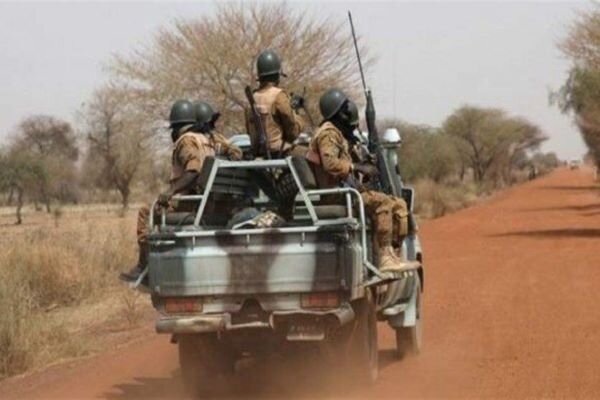Daesh-linked terrorists in central Mali have reportedly killed more than 30 people on a bus ferrying them to a local market amid persisting violent insurgency in the West African nation.
The bus was attacked on Friday by unidentified gunmen as it traveled its twice-weekly route from the village of Songho to a market in Bandiagara village, 10 kilometers away, said Mayor Moulaye Guindo of the nearby town of Bankass.
The two villages sit in the heart of the Mopti region of Mali, known as the country’s epicenter of violence reportedly fueled by militants linked to al-Qaeda and Daesh.
“Armed men … shot at the vehicle, slashed the tires, and shot at the people,” Guindo said.
The attack left at least 31 dead, with many more wounded or missing, according to Guindo and another local authority who spoke on condition of anonymity.
First respondents to the scene of the latest carnage discovered 25 burned bodies in what was described as a “truck,” which showed an internal security memo shared by a source.
Social media images also showed the smoldering frame of a passenger bus filled with bodies, still slumped over in their seats.
This comes after at least two people were killed and 18 others were injured last Sunday after French military forces fired shots to disperse angry protesters blocking a French military convoy in Western Niger.
The incident transpired amid rising anger in the region against persisting French military presence in former colonies in West Africa’s Sahel region.
France intervened in Mali in 2013 to purportedly beat back militants who had seized the desert north, before deploying soldiers across the Sahel. While it has deployed more troops, violence has continued to intensify and spread in the region.
READ ALSO: Nigeria boat disaster kills 29, mostly children
In the demonstrations in Burkina Faso and elsewhere, protesters have cited a widespread belief that France is secretly supporting the militants to justify its continued military presence in its former colonies.
Also in late October, hundreds of Malian protesters took to the streets of the capital Bamako to protest French military intervention in the West African country.
The protesters chanted anti-France slogans and demanded the total withdrawal of French troops from their country.
Earlier in October, Mali’s Prime Minister Choguel Kokalla Maiga further pointed to evidence that France has been training “terrorist” groups operating in his country.
Mali has become increasingly engulfed in violence since a Tuareg uprising in 2012 was hijacked by extremist militants, who perpetrated ethnic killings and attacks on government forces and civilians despite the presence of French and UN troops.
Last summer, however, French President Emmanuel Macron announced a gradual draw-down of France’s military presence in the Sahel and the end of the French military operation known as Barkhane.
Mali then accused France of abandoning the conflict-ravaged country with the “unilateral” decision to withdraw troops. The country’s military-dominated government then asked private Russian security companies for help in its fight against terrorism.
Ever since tensions have remained high between France and its former colony.
Nearly 7,000 people died due to the fighting in Mali last year, according to the Armed Conflict and Location Event Data Project, while the UN declared recently that more than two million people had been forced to flee their homes because of the conflict, a number that has quadrupled since 2019.
More than 14 million people in Mali, Niger, and Burkina Faso are now in urgent need of humanitarian assistance.













